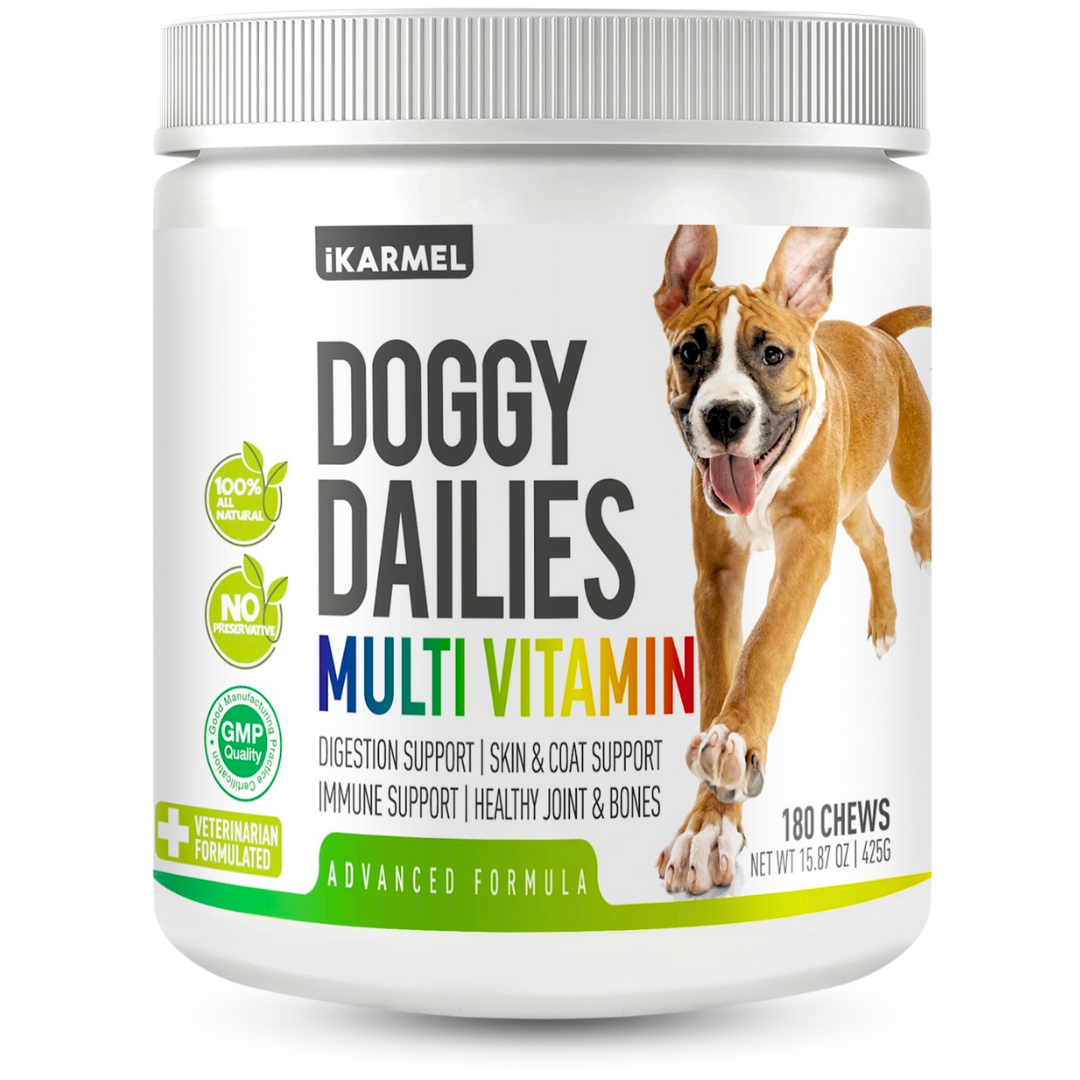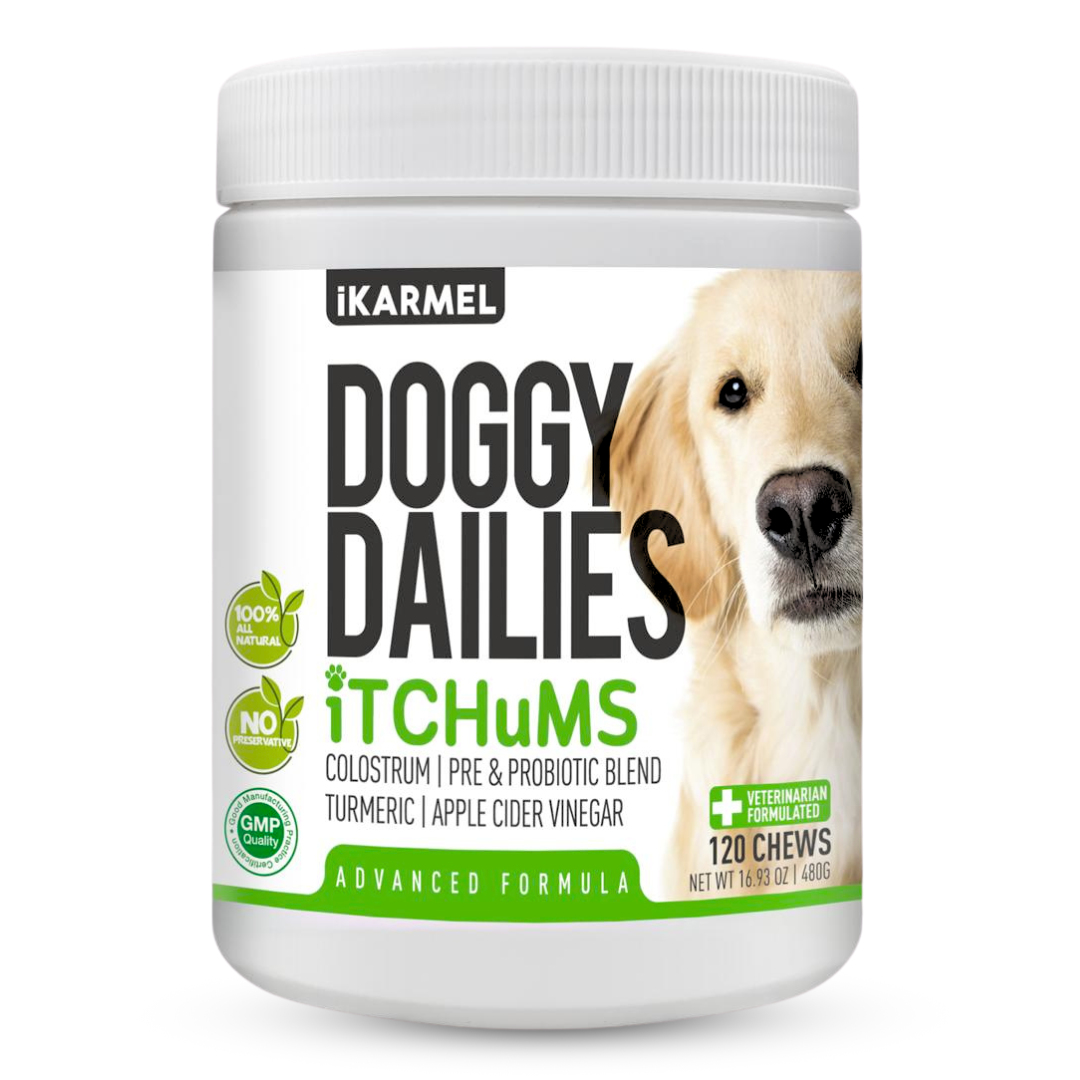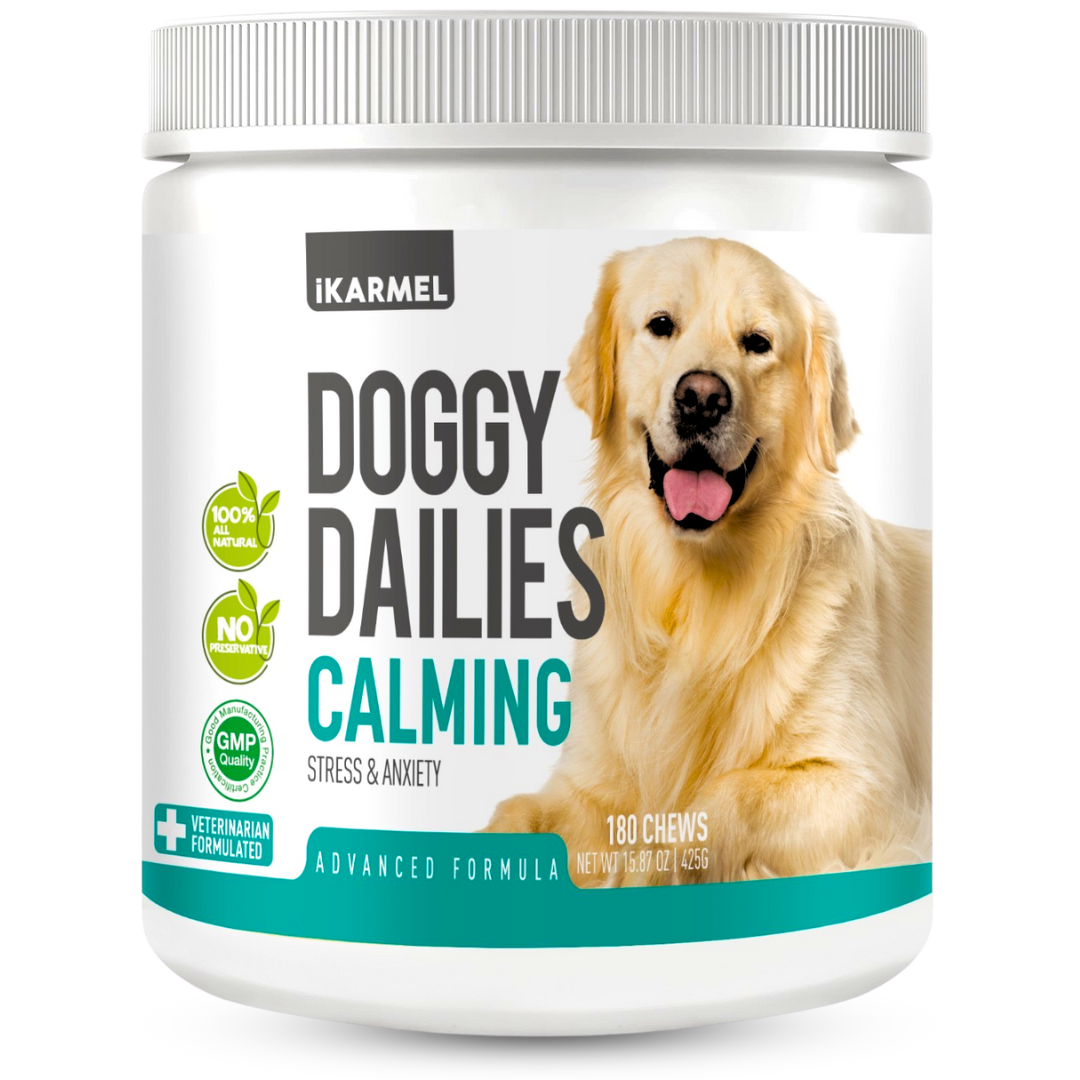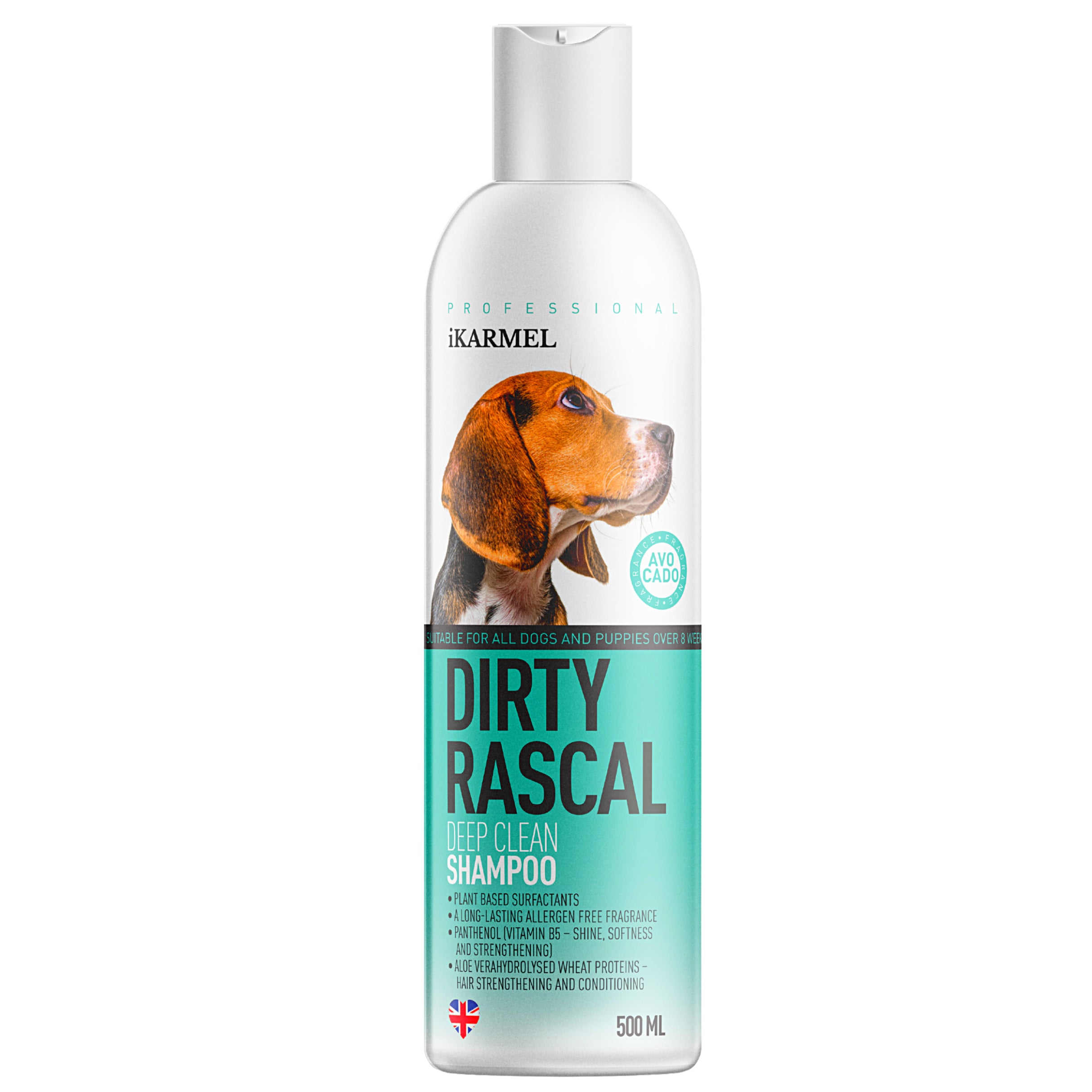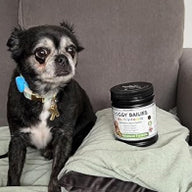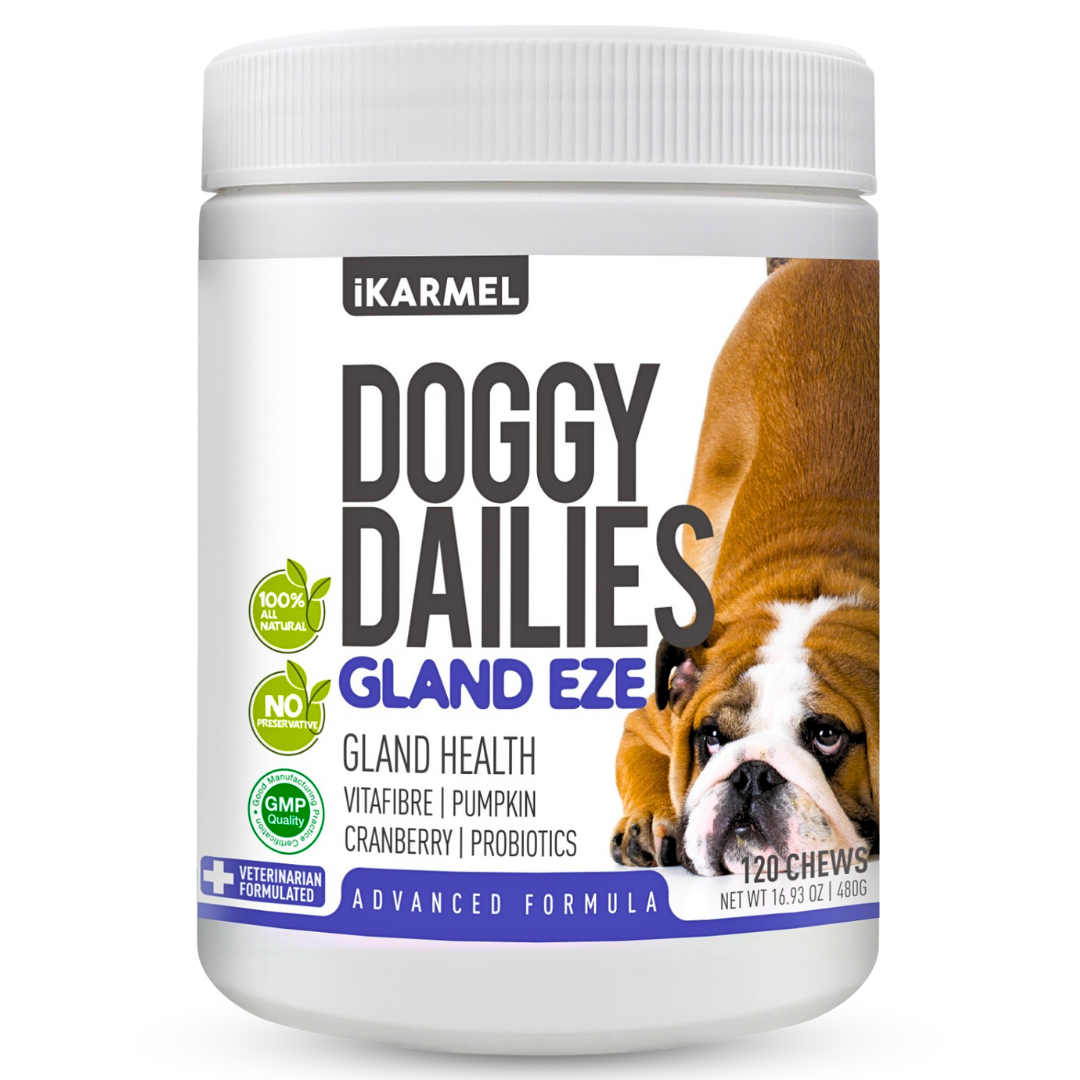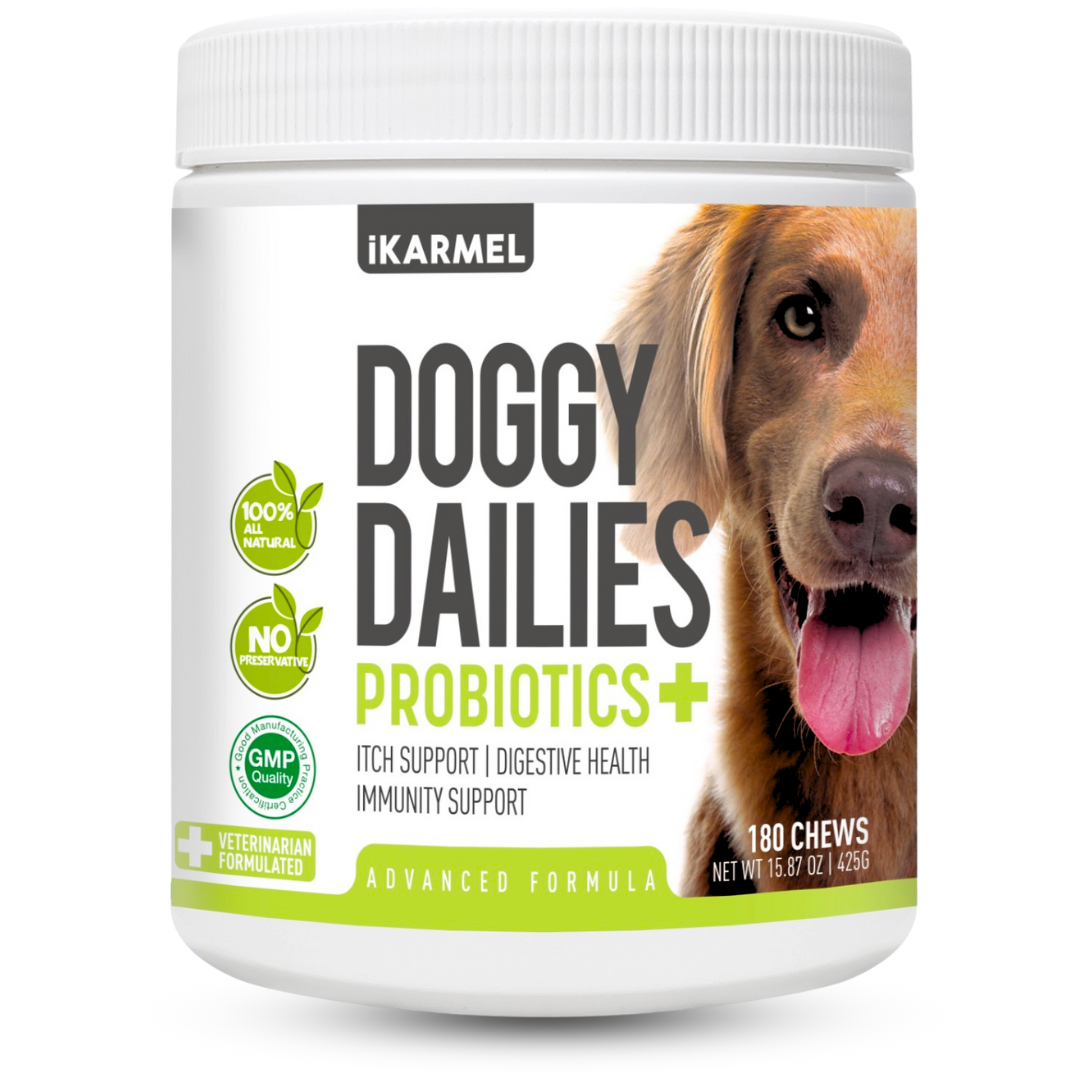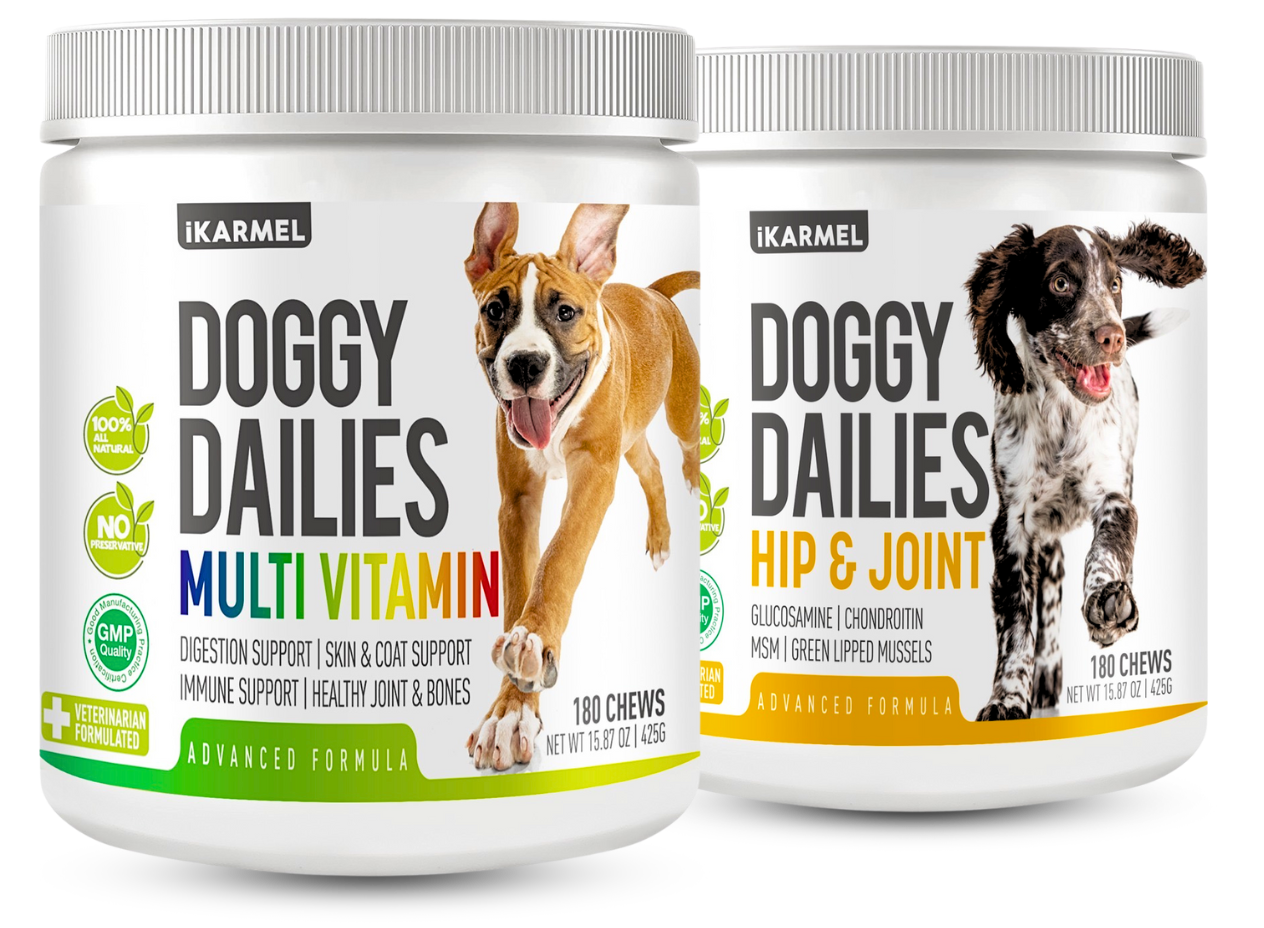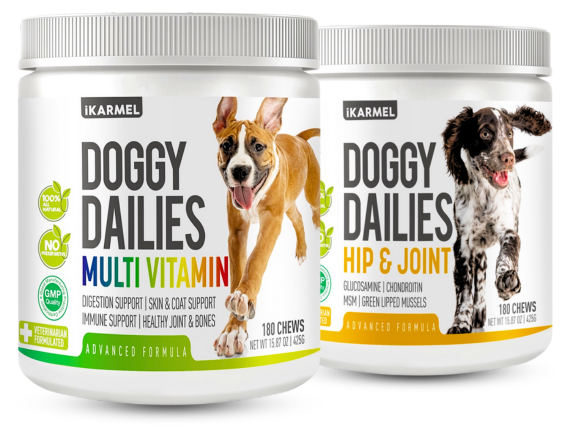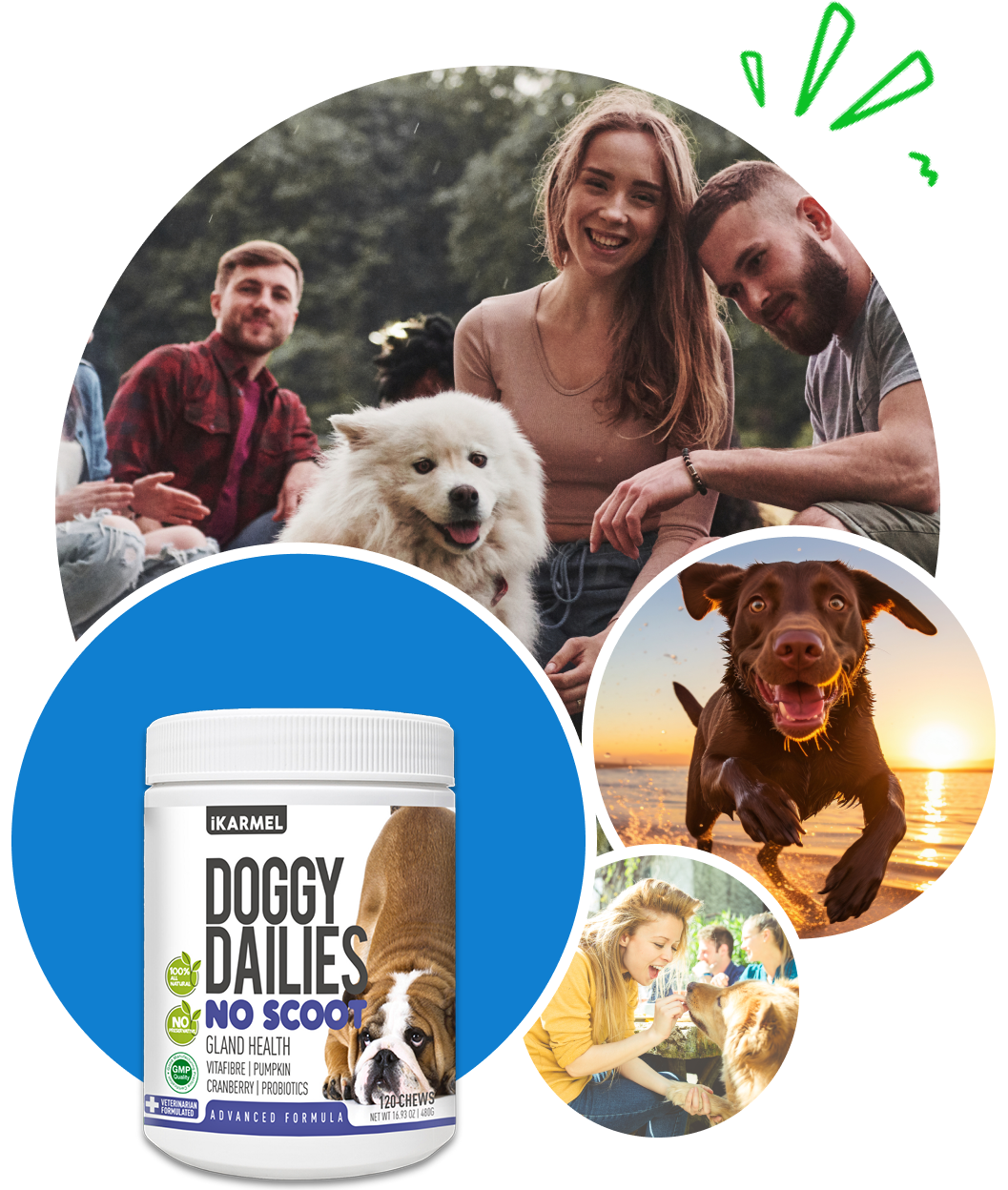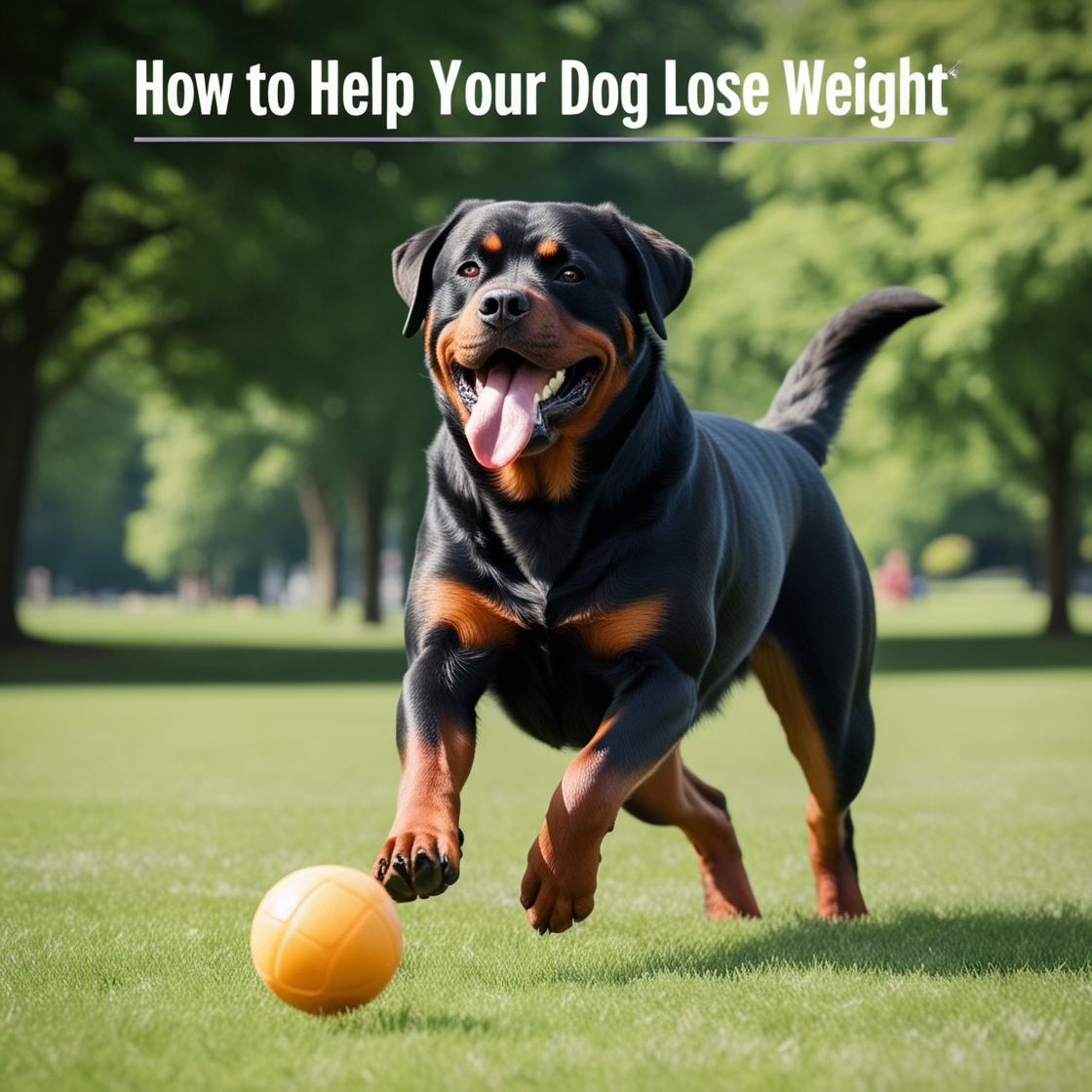A Guide to Dog Vitamins & Supplements: What Your Dog Really Needs
Ever wondered if your dog is getting all the nutrients they need? From joint health to a shiny coat, vitamins and supplements can be vital to your pet’s overall well-being. But with so many options available, figuring out what your dog truly needs can be overwhelming.
This guide covers everything you need to know about dog vitamins and supplements. We’ll break down essential nutrients, common deficiencies, and how to choose the right supplements to keep your furry friend in their best shape.
By the end, you’ll know exactly how to support your dog’s health and even prevent potential issues before they arise.
What Are Dog Vitamins & Why Do They Matter?
Think of vitamins and nutrients as the building blocks for your dog’s health. These compounds support critical functions like immunity, digestion, and energy production.
Dogs typically get most of their nutrients from food, but not all diets are equal. Factors like age, breed, health conditions, and activity levels can lead to gaps in their nutrition.
That’s where supplements come in—to fill those gaps and enhance your dog’s overall quality of life.
Key Nutrients for Dogs
Here’s an overview of essential nutrients and their benefits for dogs:
- Vitamin A - Supports eye health and immune function.
- Vitamin B - Aids in energy production, red blood cell formation, and nervous system function.
- Vitamin C - Boosts immunity and acts as an antioxidant.
- Vitamin D - Promotes calcium absorption for strong bones.
- Vitamin E - Maintains a healthy coat and skin.
- Omega-3 Fatty Acids - Enhance skin, coat, and joint health while reducing inflammation.
- Glucosamine & Chondroitin - Support joint function and mobility.
Benefits of Dog Supplements
The right supplements can improve your dog’s health in numerous ways. Here’s how they help:
- Healthy Skin & Shiny Coat
Ingredients like omega-3 fatty acids and flaxseed keep your dog’s coat looking shiny while addressing itchy or flaky skin.
- Stronger Joints
Glucosamine and chondroitin help reduce inflammation and improve mobility, especially for senior dogs.
- Digestive Health
Probiotics and pumpkin can aid digestion and improve gut health, reducing issues like bloating or diarrhoea.
- Boosted Immunity
Vitamins C and E, along with antioxidants, help strengthen your furry friend’s immune defences.
- Enhanced Energy & Vitality
Supplements with vitamin B12 and iron can combat lethargy and revitalise your dog's energy levels.
Top Dog Supplements Worth Considering
Multivitamins
A comprehensive multivitamin is an excellent starting point to address multiple nutritional gaps.
Omega-3 Fatty Acids
Perfect for maintaining a shiny coat and reducing inflammation, omega-3s are often sourced from fish oil.
Glucosamine & Chondroitin
Best for ageing dogs or breeds prone to joint issues.
Probiotics
Improve digestion and gut health with probiotics that stabilise beneficial bacteria.
Pumpkin Powder
A natural source of fibre, pumpkin helps regulate digestion and soothe upset stomachs.
Vitamin D
Supports strong bones and teeth. Make sure your dog isn’t over-supplemented, as too much vitamin D can lead to toxicity.
Iron
If your dog seems sluggish or has pale gums, iron supplements can help combat anaemia.
FAQs About Dog Vitamins & Supplements
1. Do All Dogs Need Supplements?
Not necessarily. Dogs on a well-balanced diet often get the nutrients they need, but supplements are beneficial for addressing specific issues like joint pain or a dull coat.
2. Are Human Vitamins Safe for Dogs?
No! Many human vitamins contain ingredients or dosages that are harmful to dogs. Always choose products specifically formulated for pets.
3. Can Dogs Have Vitamin C?
Yes, dogs can safely have vitamin C, although their bodies produce small amounts naturally. Supplements can help boost their immunity.
4. How Can I Tell If My Dog Has a Nutritional Deficiency?
Signs of deficiencies include hair loss, dull coat, fatigue, weak joints, and digestive issues. If you notice these symptoms, consult your vet.
5. Are Dog Vitamins Worth It?
Especially if your dog has specific health needs. High-quality supplements can improve their well-being and prevent future issues.
6. Can Dogs Have Fish Oil?
Yes! Fish oil is an excellent source of omega-3 fatty acids, which support overall heart, skin, and joint health.
7. How Do I Give My Dog Supplements?
Most supplements come in chewable, powder, or tablet form. Choose one that your dog enjoys or mix it with their food if necessary.

When NOT to Use Supplements
Although supplements can provide incredible health benefits, there are situations where you should proceed with caution or consult your vet before making changes to your dog’s diet. These include:
-
If your dog is pregnant or nursing (always consult your vet first).
-
When using prescription medication (check interactions with the vet).
-
If your pet has pre-existing health conditions, such as liver or kidney issues.
Trusted Supplement Recommendations
Looking for a reliable, vet-approved supplement? Here are some great options to check out:
Packed with a 10-in-1 blend of essential nutrients like glucosamine, probiotics, and omega-3s to boost digestion, joints, and immunity.
Great for senior dogs, this contains high levels of glucosamine and eggshell meal to improve mobility.
These chews feature ingredients like flaxseed and omega-3 fatty acids to soothe dry skin and coat issues.
Choose iKarmel Vitamin Supplements for Your Dog
Vitamins and supplements can make a world of difference for your furry companion, offering extra support for everything from joint mobility to a shinier coat. Take the time to learn about your dog’s specific needs and choose supplements that will truly enhance their health.
If you’re ready to take the next step, explore vet-formulated options like Doggy Dailies Multivitamin to kickstart your pup’s wellness routine. Because they deserve nothing but the best.
Start supporting your dog’s health today! 🐾
